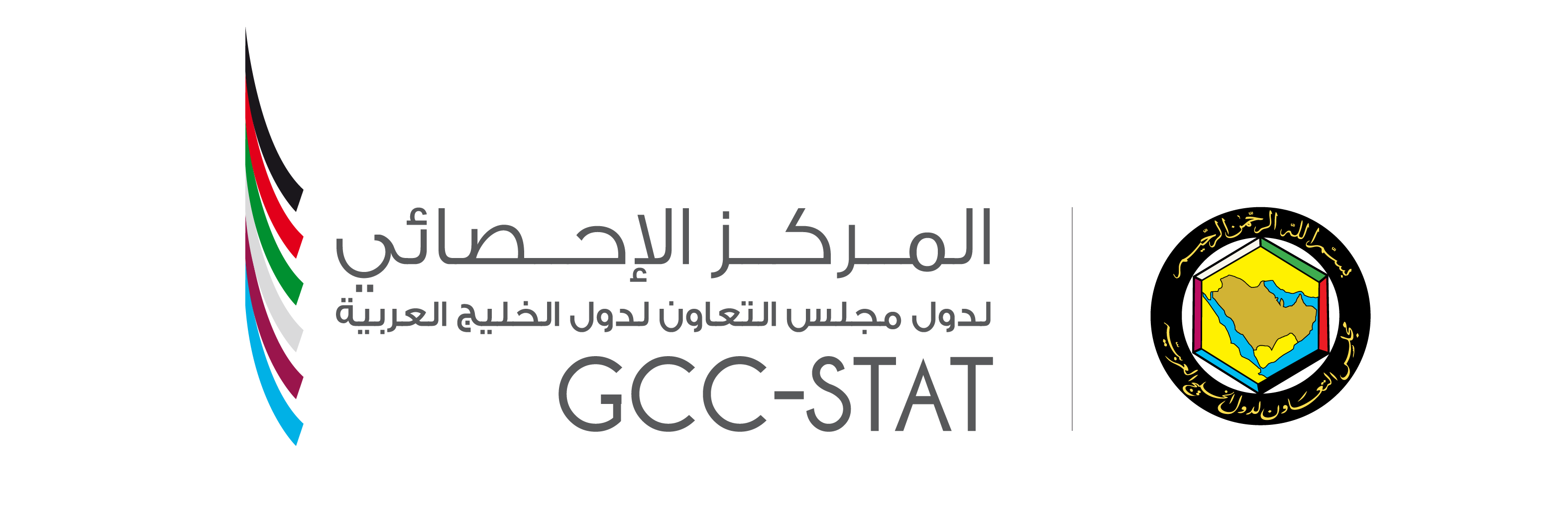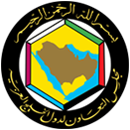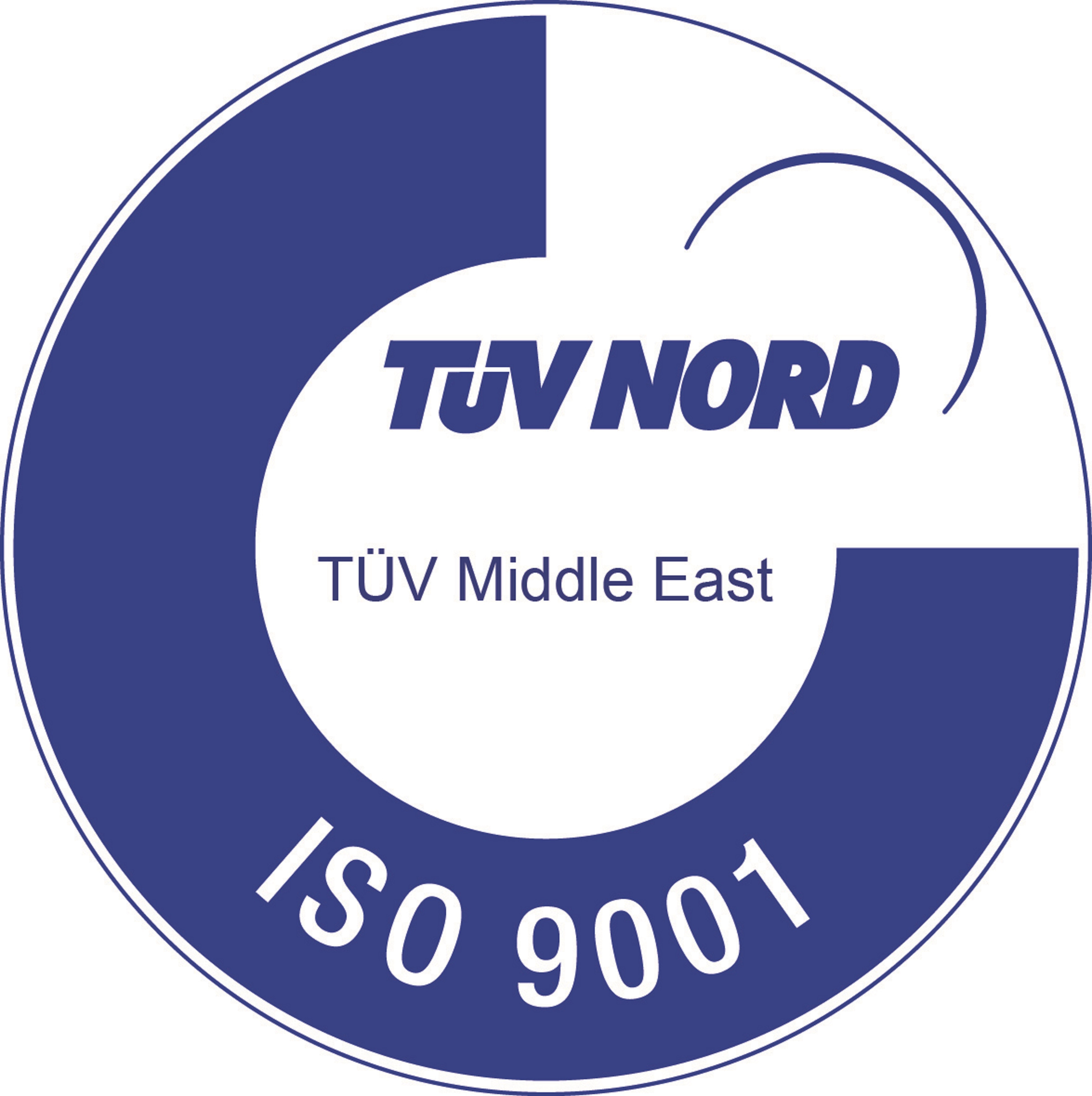
About GCC-STAT
Brief Description About GCC-Stat
The Statistical Centre for the Cooperation Council for the Arab Countries of the Gulf (“GCC-Stat”) was established in June 2011 to provide a common official pool of statistics and data for the member states of the Cooperation Council for the Arab Countries of the Gulf (short form is Gulf Cooperation Council or “GCC”).
The establishment of GCC Stat was approved by the GCC Ministerial Council in September 2011. The Charter was officially endorsed in December 2012 by the GCC Supreme Council (comprised of heads of member states: United Arab Emirates, Kingdom of Bahrain, Kingdom of Saudi Arabia, Sultanate of Oman, State of Qatar and State of Kuwait).
The six Arab countries of the Gulf formed the GCC in 1981 in order to achieve a high level of institutional coordination in economic, social, political, defence and security fields. The evolution of the GCC has been greatly influenced by oil and energy demand and supply continuum as well as events in the region and the world at large. The next phase of the GCC evolution would require closer cooperation and more thorough monitoring and evaluation ensuring that all progress at comparable rates.
Vision, Mission, Values and Strategic Objectives
Our Vision
A Reliable source and a dynamic driver of the GCC Statistical System.
Our Mission
Leverage the Power of statistical information to support decision making, research and dialogue within GCC nations.
Our Values
- Integrity
- Excellence
- Professionalism
- Collaboration
- Relevence
Our Strategic Objectives
1 |
Build and strengthen the statistical and institutional capacity of the countries of the Gulf Cooperation Council to meet the statistical requirements at the GCC level, in particular and international level, in general. |
2 |
Promote and improve the quality and quantity of statistical products on a sustainable basis. |
3 |
Projecting the GCC region as a unified economic and social agglomeration. |
4 |
Developing, expanding and marketing statistical dissemination. |
5 |
Establishing joint work programs between the National Statistics Centers and GCC-Stat. |
6 |
Unifying the National Statistics Strategies in GCC countries with the joint statistics programs in accordance with best international practices. |
7 |
Build the culture of statistics and raise the awareness about statistics and strengthen actual and correct use of data and information in decision making and policy formulation in GCC countries. |
8 |
Ensure that the GCC region has an effective presence in international statistical development. |
9 |
Ensure long term organizational sustainability of GCC-Stat. |
Center's Specialties
- جمع البيانات الاقتصادية والاجتماعية والسكانية والزراعية والبيئية والطاقة وغيرها من البيانات من خلال المراكز الإحصائية الوطنية والعمل على تصنيفها وتخزينها وتحليلها.
- إنشاء قواعد بيانات إحصائية تشمل جميع المجالات المختلفة الاقتصادية والاجتماعية والسكانية والزراعية والبيئية والطاقة وغيرها بالتعاون مع المراكز الإحصائية الوطنية لدول مجلس التعاون.
- تنفيذ المشاريع الإحصائية المشتركة من خلال المراكز الإحصائية الوطنية لدول مجلس التعاون.
- إعداد وتوفير البيانات والمعلومات والمؤشرات الإحصائية عن مجلس التعاون.
- توفير بيانات تمتاز بالشمولية والدقة والاتساق والاستمرارية والحداثة.
- تزويد الجهات الوطنية والأمانة العامة والأجهزة التابعة لها، والجهات الإقليمية والدولية بالبيانات والمعلومات المتاحة.
- وضع الخطط الاستراتيجية للعمل الاحصائي لمجلس التعاون بالتنسيق مع مراكز الإحصاء الوطنية وأية جهة أخرى يراها المركز.
- تنسيق برامج العمل الاحصائي على مستوى الدول الأعضاء بالتعاون مع مراكز الإحصاء الوطنية.
- تمثيل مجلس التعاون في الشؤون الإحصائية.
- عقد اتفاقيات التعاون الدولية بما يساهم في تطوير النظام الاحصائي الخليجي وفقاً للتشريعات النافذة وبالتنسيق مع الجهات المختصة.
- تطبيق المعايير الدولية في جميع مجالات ومراحل العمل الاحصائي.
- توحيد المنهجيات والمعايير المستخدمة في العمل الاحصائي، وتعريفاتها وتصنيفاتها وذلك بالتنسيق مع مراكز الإحصاء الوطنية لدول مجلس التعاون.
- القيام بما يحقق ضمان جودة العمل الاحصائي.
- توفير الدعم الفني للنهوض بالعمل الاحصائي للدول الأعضاء.
- بناء القدرات في الدول الأعضاء في مجال العمل الاحصائي.
- إعداد وتوفير البرامج التدريبية لتطوير الموارد البشرية العاملة في المجال الاحصائي بالدول الأعضاء.
- نشر المعلومات والمؤشرات الإحصائية بمختلف وسائل النشر.
- المساهمة في بناء ثقافة إحصائية والارتقاء بالوعي الاحصائي.
- أية مهام واختصاصات أخرى ترتبط باختصاص المركز ويكلف بها من مجلس الإدارة.
















